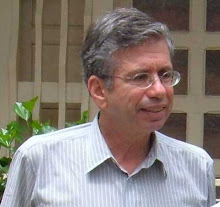Friday: 3:00-5:00pm on the ground floor in G17 with a Dinner Reception to follow in the Terrace Room (please RSVP if attending)
Saturday: 9:00am-6:30 pm in 402 Cohen, with coffee and continental breakfast and lunch on the third floor lounge (please RSVP if attending)
Claudia Cohen Hall is on 36th Street (a pedestrian street) between Spruce St. and Walnut St.
For an interactive map of Penn’s campus and a photo of Cohen Hall, see the following:
http://www.facilities.upenn.
http://www.facilities.upenn.
Please note that during the time of our conference, Penn Relays will be happening at the stadium two blocks away. This is a major national track event. It means that traffic will be heavy and parking will be difficult. Buses and taxis will get to Penn but will be a bit slow.
A traffic-free way to get from downtown is by any of the lines of the subway-surface route (with green signs) that stop underground at 15th and Market and also 19th and Market, or 22nd and Market. Be sure to use the westbound entrance when you get on. Get off at 36th Street. Or you could walk. It's pleasant and takes about a half hour from City Hall to Penn (using Walnut Street).
30th Street Station (for Amtrak) is about a 15 minute walk from Cohen Hall. Alternatively, a taxi from 30th Street Station, going west on Market Street to 34th, and then left to Walnut, probably won't meet heavy traffic until near Walnut.
For people coming from the suburbs, the University City regional rail stop is three blocks from Cohen Hall.
